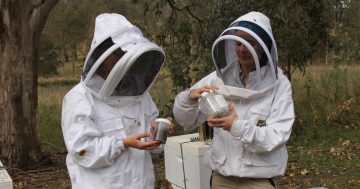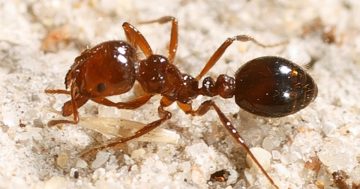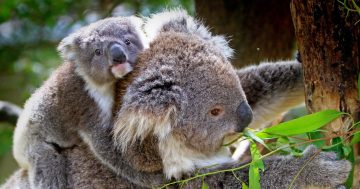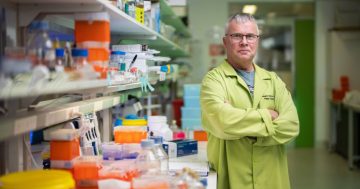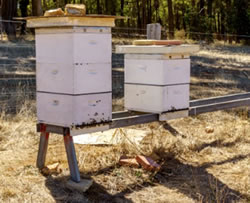 The Department of Primary Industries and Regions (PIRSA) is taking action to protect South Australia’s bee community from parasitic mites, following their appearance in other communities.
The Department of Primary Industries and Regions (PIRSA) is taking action to protect South Australia’s bee community from parasitic mites, following their appearance in other communities.
Announcing restrictions on the movement of bees, hives and associated materials into South Australia from New South Wales, PIRSA said the rules had been put into effect to protect the State from Varroa destructor, a species of parasitic mite that attacked European honey bees.
The Department said that as the mites had recently been detected at the Port of Newcastle in NSW, movement restrictions would apply to any of the bees that had been in NSW since 1 January this year or which may be seeking to enter South Australia from another State.
“These items cannot be brought into South Australia from New South Wales without written permission of the Chief Inspector of Stock, following the detection of Varroa mite in NSW,” it said.
PIRSA said however, the movement of commercially processed honey and new apiary appliances and hive components would be allowed.
It said permission by the Chief Inspector of Stock was required for all other movement situations including: Beeswax comb (including comb containing brood and honey); Apiary products not covered by the commercial honey exemption; Used beekeeping equipment and appliances, including beekeeping tools and plant, clothing, footwear, veils and gloves, hives and hive components; Shipping containers that had contained any apiary products; and Vehicles used at apiaries or used to carry regulated articles.
PIRSA said it was aware of the upcoming almond pollination season and was examining options under which bees may be allowed to enter from NSW.
“Movement of bees (including honey bee colonies, queen bees and escorts, package bees and swarms) from NSW into SA is currently prohibited and individual applications are not being considered at this time,” the Department said.
Further information on the restrictions can be accessed at this PS News link.


